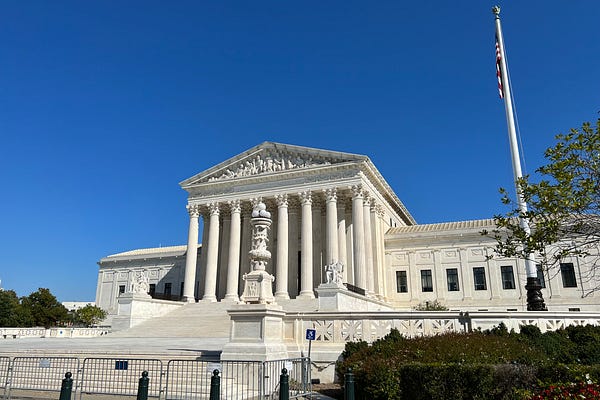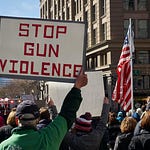

Private Schools Using Taxpayer Funds Are Held Accountable
Debunking the claim that Iowa’s private schools lack oversight under the state’s Education Savings Account program.
READ THE LATEST
Most Popular
View all

Shane Vander Hart
A piece of Shane Vander Hart's mind on faith, culture, media, politics, and public policy.
Error
Recommendations
View all 10© 2025 Shane Vander Hart
Substack is the home for great culture


























